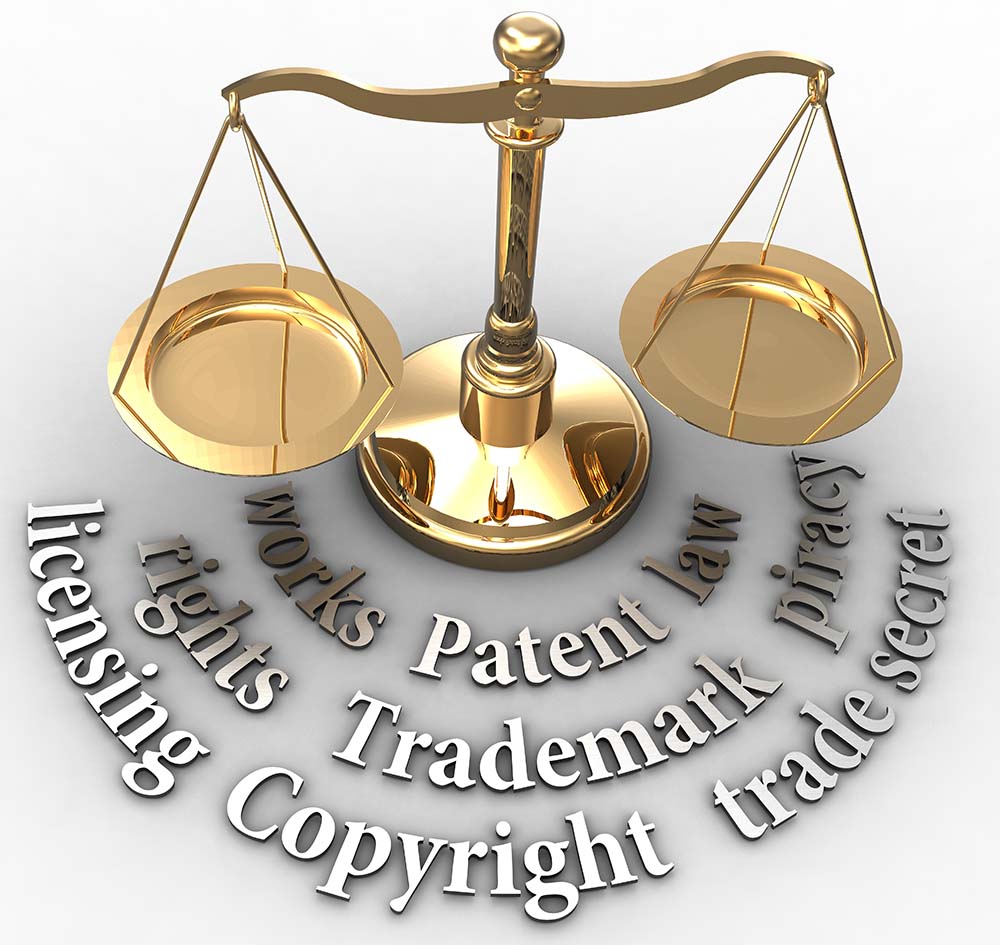“It almost goes without saying that when you are a startup, one of the first things you do is you start setting aside money to defend yourself from patent lawsuits, because any successful company, even moderately successful, is going to get hit by a patent lawsuit from someone who’s just trying to look for a payout.” – Charles Duhigg
In Part 1 of this series, I covered the definition of a United States Utility Patent and the importance of basic Employment Agreements, and in Part 2 we discussed the various different ways a patent can be used. In Part 3, we’ll cover the remaining five key topics related to protecting intellectual property for startups.
(4) Is patent infringement detectable?
In order for a patent to be valuable, it has to be possible to detect infringement. However, a patent for which infringement is hard to detect, but which is otherwise valuable, could still have value if, through discovery in litigation over another issue (such as an infringement action over another patent for which infringement is easier to detect), one could determine infringement.
(5) Is there a simple way to design around the patent?
Even if the invention is detectable, if the infringer can design the invention out of their product, the patent will have little value. Clearly, the amount of value will depend upon the amount of effort required to remove the invention and the reduction in the overall value of the product after removing the invention. This is why it is sometimes important to “build a wall” of other patents to circle your key patent. However, this is usually a strategy more viable for a larger company versus a startup.
(6) What are the damages that would be awarded for infringement?
Damages are based on the value of the invention. Value is typically determined by the sales revenue and profits associated with the patented product. The more central the invention is to the overall value and market success of the product that practices the invention, the greater the damages for infringement. A common rule of thumb is to set damages at a level of a reasonable royalty for a license to the invention.
(7) Is anyone likely to practice the invention?
Even if the invention provides a significant advantage to a product that carries the invention, it is still possible that no one would be able to make the invention without the benefit of information from the inventor. This could include specialized processes, know how or trade secrets. Therefore, if the invention can be maintained as a trade secret, it may be more valuable to withhold the information that would otherwise have to be disclosed in the patent. This is especially true if it would be hard to detect infringement. The advantage of trade secret protection for an invention is that it never expires as long as the secret is maintained. In addition, there are no additional legal fees or costs associated with trade secret protection, other than ensuring the secrecy of the invention. However, once the secret has been exposed to the public, the invention is free for all to use, with the exception of anyone that can be said to have misappropriated the invention. It should also be noted that while damages can be awarded against a party that misappropriates a trade secret, it is often times the case that the party is an individual that doesn’t have the means to make good for the damages that they caused.
(8) Should I patent my invention?
Securing a patent can be relatively expensive. Therefore, if the patent does not provide a significant market advantage over those that would develop a competitive product, then it isn’t likely to bring any value, regardless of the way in which the patent was intended to be used. In the article For Startups: Intro to Intellectual Property & Technology Law David Boag and David Mitnick published in WeWork Creator (https://www.wework.com/) states that “only you and your IP council” can answer whether getting a patent is worth the investment. I think that is sage advice. To put a finer point on it, in a 2013 article in Entrepreneur, Will the New Patent Law Kill the Garage Inventor and Startup? by Bernard Klosowski stated that the America Invents Act might make it more difficult for startups to protect their intellectual property rights. The recent changes made by the Act, together with some recently decided U.S. Supreme Court cases, make it important that startups seek good counsel as they embark on their new venture. Some inventions are better kept as trade secrets. Regardless, a robust patent strategy and thoughtful process can help you build the value of your product portfolio and your company as a whole. In Do Patents Really Matter to Startups by Leonid Kravets in Tech Crunch posted an interesting piece that investigates the statistics related to startups and their use of patent filings: Kravets seems to suggest that a properly constructed patent portfolio is still of significant value.
What do you think about this thought process regarding a patent strategy? What is your experience with patent and IP protection strategies? We’d love to hear from you!

